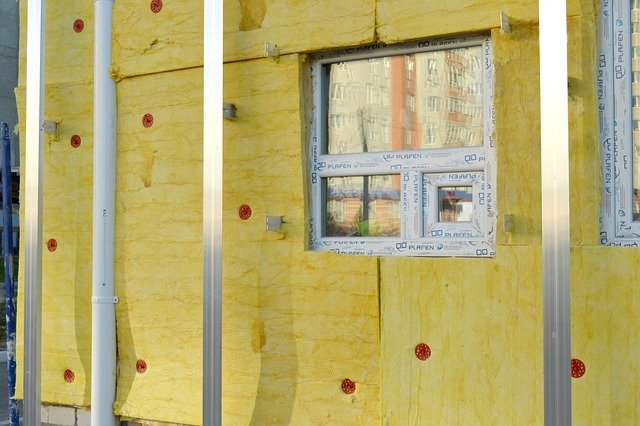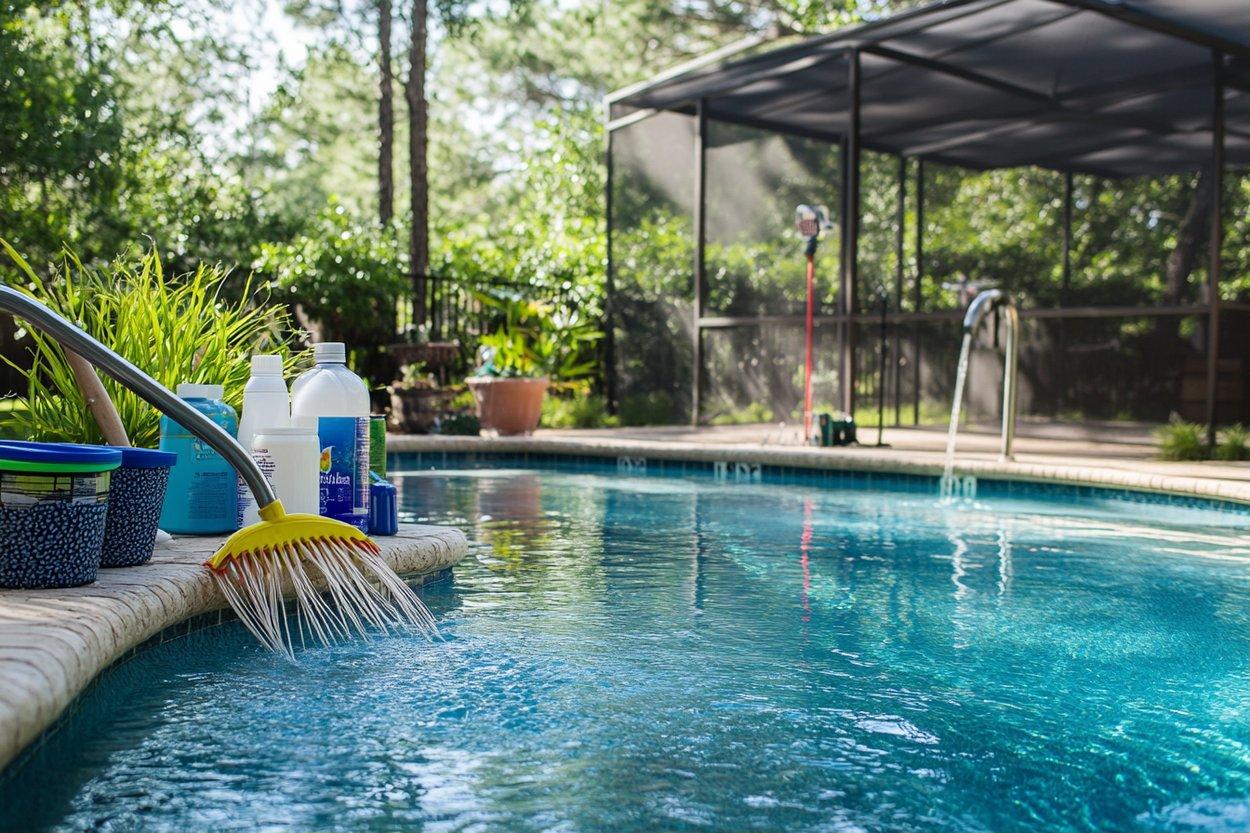Find more Window Replacement
Replacing your home's windows can dramatically improve comfort, energy efficiency, and curb appeal. Whether you're dealing with drafty frames, condensation between panes, or simply outdated styles, modern window replacement offers solutions that reduce energy bills and enhance your living space. Understanding your options, from vinyl to double glazed designs, helps you make informed decisions that fit your budget and home improvement goals.

Upgrading your windows is one of the most impactful home improvement projects you can undertake. Modern window replacement addresses common issues like heat loss, noise pollution, and moisture damage while adding value to your property. With advances in materials and glazing technology, today’s windows offer superior performance compared to older installations, making replacement a worthwhile investment for homeowners seeking long-term benefits.
What Is Window Replacement and Why Consider It
Window replacement involves removing old, inefficient windows and installing new units designed to meet current performance standards. Homeowners typically pursue replacement when existing windows show signs of wear such as difficulty opening or closing, visible damage to frames or seals, or noticeable drafts that increase heating and cooling costs. Beyond addressing functional problems, replacement offers opportunities to update your home’s appearance and improve indoor comfort throughout the year.
The decision to replace windows often stems from energy concerns. Older single-pane windows allow significant heat transfer, forcing heating and cooling systems to work harder. Modern replacements with advanced glazing and insulation features create better thermal barriers, reducing energy consumption and lowering utility expenses. Additionally, new windows can minimize outside noise, enhance security, and reduce maintenance requirements compared to aging installations.
Energy Efficient Windows and Their Benefits
Energy efficient windows incorporate multiple design features that minimize heat transfer between indoor and outdoor environments. These windows typically include low-emissivity coatings that reflect infrared light, keeping heat inside during winter and outside during summer. Gas fills between panes, usually argon or krypton, provide additional insulation beyond standard air gaps. Quality weatherstripping and properly sealed frames prevent air leakage that compromises performance.
The benefits of energy efficient windows extend beyond reduced utility bills. They help maintain consistent indoor temperatures, eliminating cold spots near windows during winter months. Reduced ultraviolet light transmission protects furniture, flooring, and artwork from fading. Many regions offer tax credits or rebates for installing qualifying energy efficient windows, providing financial incentives that offset initial investment costs. Over time, energy savings can substantially reduce the total cost of ownership.
Home Window Installation Process and Considerations
Home window installation requires careful planning and professional execution to ensure optimal performance. The process begins with accurate measurements of existing window openings, as even small errors can lead to gaps that compromise insulation and weatherproofing. Installers assess the condition of surrounding framing and address any structural issues before proceeding with new window placement.
Proper installation techniques are critical for achieving manufacturer-specified performance ratings. This includes ensuring level and plumb placement, applying appropriate sealants and insulation around the frame perimeter, and verifying smooth operation of moving parts. Professional installers typically complete projects more efficiently and provide warranties covering both materials and workmanship. While some experienced homeowners tackle window replacement as a DIY project, professional installation often proves worthwhile for ensuring long-term reliability and maintaining product warranties.
Vinyl Windows as a Popular Replacement Choice
Vinyl windows have become a leading choice for replacement projects due to their combination of affordability, durability, and low maintenance requirements. Made from polyvinyl chloride compounds, these windows resist moisture damage, never require painting, and maintain their appearance for decades with minimal care. The material’s insulating properties contribute to overall energy efficiency, especially when combined with quality glazing options.
Modern vinyl window designs offer extensive customization options including various colors, finishes, and hardware styles that complement different architectural aesthetics. The frames can accommodate multiple glazing configurations, from standard double pane to advanced triple pane systems. While vinyl windows may not match the traditional appearance of wood in historic homes, their practical advantages make them suitable for most residential applications. Quality vinyl windows carry warranties spanning 20 years or more, reflecting manufacturer confidence in material longevity.
Double Glazed Windows for Enhanced Performance
Double glazed windows feature two panes of glass separated by a sealed space, creating an insulating barrier that significantly outperforms single-pane designs. The space between panes is typically filled with inert gas that reduces heat transfer more effectively than air alone. This construction minimizes condensation on interior glass surfaces, a common problem with older windows that can lead to moisture damage and mold growth.
The acoustic benefits of double glazed windows make them particularly valuable in noisy environments. The dual-pane construction dampens sound transmission, creating quieter indoor spaces near busy streets or other noise sources. When selecting double glazed windows, pay attention to the spacer material between panes, as warm-edge spacers reduce heat loss at the glass perimeter. Overall window performance depends on the combination of glass coatings, gas fills, frame materials, and installation quality working together as a system.
Cost Considerations and Provider Comparisons
Window replacement costs vary significantly based on window size, material choice, glazing options, and installation complexity. Understanding typical price ranges helps homeowners budget appropriately and compare offerings from different providers. The following table presents estimated costs for common window replacement scenarios:
| Window Type | Material | Size Range | Cost Estimation (per window, installed) |
|---|---|---|---|
| Standard Double Hung | Vinyl | Average | $300 - $600 |
| Energy Efficient Double Hung | Vinyl with Low-E Glass | Average | $450 - $800 |
| Casement Window | Vinyl | Average | $400 - $750 |
| Double Glazed Picture Window | Vinyl | Large | $500 - $1,000 |
| Bay/Bow Window | Vinyl | Custom | $1,500 - $3,500 |
Prices, rates, or cost estimates mentioned in this article are based on the latest available information but may change over time. Independent research is advised before making financial decisions.
When comparing providers, consider factors beyond initial price including warranty coverage, energy performance ratings, available customization options, and installer credentials. Reputable companies provide detailed written estimates, explain product specifications clearly, and offer references from previous customers. Obtaining multiple quotes allows comparison of value propositions and helps identify offerings that best match your specific requirements and budget constraints.
Selecting the Right Windows for Your Home
Choosing appropriate replacement windows requires balancing performance needs, aesthetic preferences, and budget realities. Start by assessing your primary goals whether maximizing energy savings, reducing noise, improving appearance, or addressing functional problems. Climate considerations influence optimal window specifications, as homes in extreme temperature regions benefit most from advanced glazing and insulation features.
Consult with experienced window professionals who can evaluate your specific situation and recommend suitable options. They can explain performance ratings, help navigate available styles and features, and provide realistic cost estimates for your project scope. Quality windows represent a significant investment that pays dividends through improved comfort, lower operating costs, and enhanced home value. Taking time to research options and select appropriate products ensures satisfaction with your window replacement project for years to come.



